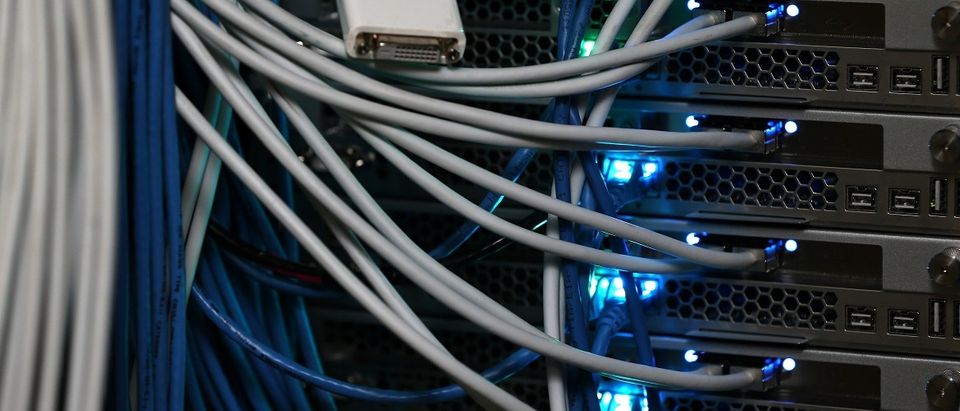The change in Administration brings fresh thinking to what had become an epicenter of 1934 regulatory thought – the Federal Communications Commission (FCC). Under the prior Administration, the FCC was twice chastised by the courts for attempting to impose net neutrality on Internet Service Providers (ISPs). To avoid a third spanking by the courts, in 2015 the FCC chose to reclassify Internet service as a “telephone service” subject to the hideously complex public utility-style rules codified in 1934. That allowed the FCC to say that under net neutrality, ISPs are forbidden from offering Internet service at a priority speed, among other things.
The net neutrality moniker suggests benign “equality for all” but it prevents anyone who wants a superior service from paying for it. Thus, it dissuades any provider from offering it. The new FCC leadership will consider whether mandatory equality in service has enough merit to offset the damage to consumer choice and innovation that it imposes.
Have you ever experienced an unexpected halt in the screening of a Netflix program? You quickly realize the program was taking too long to come from Netflix to your streaming display. At times, such as Saturday night, heavy demands can congest Internet, disrupting the timely delivery of programs to your streaming device. The showing is halted until enough of the program arrives in your streaming device’s buffer for the program to resume. Upgrades in Internet infrastructure could eliminate almost all program halts, but recovering the cost of the new infrastructure from the streaming content companies would violate net neutrality.
When it comes to Internet infrastructure, a superior service will not be built as long as net neutrality prohibits charging for that superior service. Everyone will still have access to the basic service, but those who need and are willing to pay for a superior service are denied access to it. That is neither progress nor fair, but is precisely what net neutrality imposes on Internet service providers and businesses and consumers who want something better.
Fortunately, myopic regulations like net neutrality are not imposed on highway users. Some consumers choose to drive on a toll road, and other on restricted express lanes – instead of the backroads. The toll fee lets them stay on schedule with clients, get home in time for dinner, accomplish a few more tasks each day, despite rush hour traffic. They may be charged extra, but the toll roads do not burden those who choose to use the free roads funded by taxes that all pay.
Some commercial trucks pay the toll rather than sit in traffic to work their way through a tangle of traffic lights. Paying the toll gets the truck load to its destination faster and faster delivery is important to some consumers, especially for some loads such as produce and fresh meats. The post office can offer priority services. Different options and prices make sense.
Amazon offers a gradation of shipping speeds – 1-day or less , 2 days, or 4-5 days. The shipping cost charged to the consumer varies with the items, the promised delivery time, and the “prime” membership status. Payment of the annual Prime subscription entitles those consumers to free priority shipping and exclusive deals on service and items. Walmart offers home-shipping delivery times similar to Amazon’s and some of Walmart’s shipping options are free when the consumer buys enough volume. The post office offers priority services.
Both Amazon and Walmart customize the delivery logistics for large and small items and for fast and standard delivery commitments. Some retailers have chosen to hire “dedicated trucking” that delivers only for that retailer. Those contracts are priced differently from the “spot market” trucking prices that apply to everyone else. If retailers or truckers were oppressed by net neutrality regulations, they would be required to use one delivery standard (e.g. 3-5 day road trucks) for all delivery commitments. In other words, there would be in no fast delivery options for consumers. How would delivery neutrality of benefit consumers?
The emotional appeal of “same for everyone” has millions of emotional backers, but the emotions are not supported by genuine complaints of abuses that justify net neutrality’s existence. The arguments favoring its retention are contrived, abstract and reminiscent of centrally planned economies. Real world arguments favor its removal.
As we move forward into the next stage of super highspeed Internet, our regulators also should be focused on expediting the availability spectrum suited to 5G networks, not on forcing everyone to slog through life at the same speed. The new FCC needs to put “neutral” into “park” and encourage product differentiation, competition and network investment.
Alan Daley writes for the American Consumer Institute, a nonprofit educational and research organization. For more information about the Institute, visit www.TheAmericanConsumer.org.


